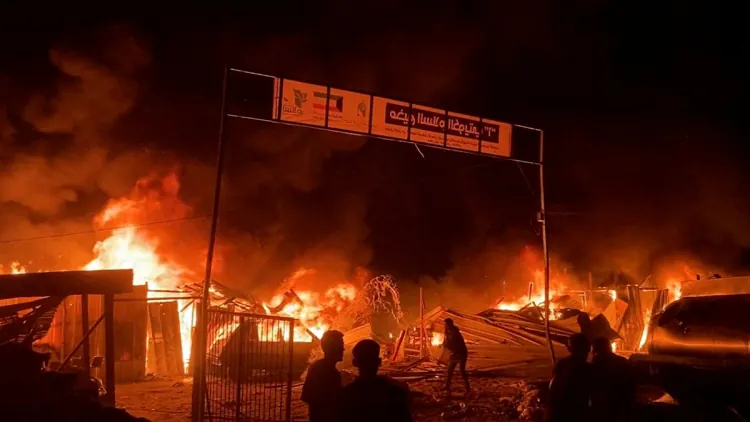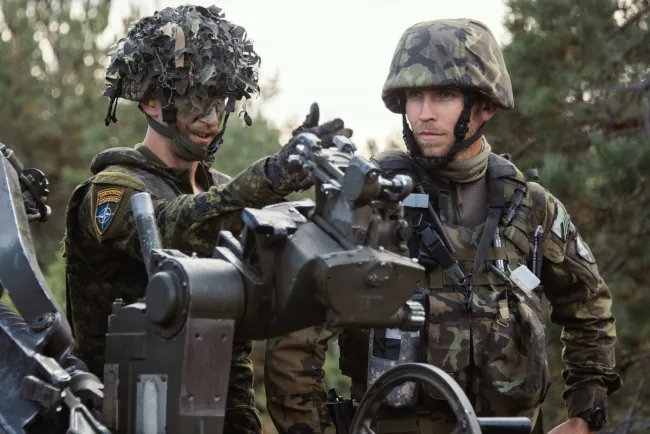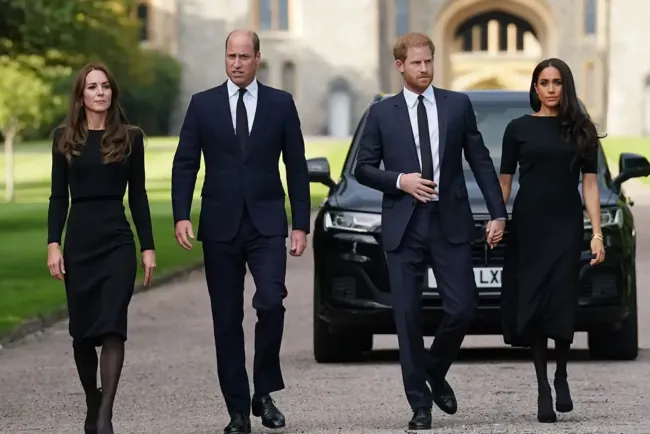White House: Israel's Rafah Strike and Ground Assault Don't Cross Biden's Red Line
The White House clarifies that Israel's recent actions in Rafah do not constitute a major ground operation crossing President Biden's red line, despite global condemnation and rising tensions.

Following Israeli forces' deeper push into Rafah, just days after an airstrike ignited a major fire killing dozens of Palestinians, the White House has stated that these actions do not cross the Biden administration's "red line."
On Tuesday, Israeli tanks were observed entering central Rafah for the first time, amid growing global condemnation over the deaths in a crowded tent camp for displaced civilians. U.S. aid deliveries to Gaza by sea were also suspended due to damage to a temporary pier. On Wednesday, Israel's national security adviser predicted the war would continue through the end of the year.
However, U.S. National Security Council spokesman John Kirby clarified at a briefing that the U.S. is not ignoring Israel’s operations in southern Gaza, from which around 1 million Palestinians have fled recently. Kirby emphasized that the Biden administration does not view Israel's actions in Rafah as a "major ground operation" that would violate President Biden’s warnings and trigger a shift in U.S. policy, including a potential halt to weapons shipments.
Kirby defined a major ground operation as "thousands and thousands of troops moving in a maneuvered, concentrated, coordinated way against a variety of targets on the ground."
A U.S. official told NBC News that while the deadly strike was a "horrific incident," it seemed to result from an airstrike gone "horribly wrong" and did not signify Israel "smashing into Rafah."
Earlier this month, Biden told CNN, “I made it clear that if they go into Rafah — they haven’t gone in Rafah yet — if they go into Rafah, I’m not supplying the weapons that have been used historically to deal with Rafah, to deal with the cities — that deal with that problem.”
When NBC News' Gabe Gutierrez asked how Israeli tanks nearing central Gaza did not constitute a full-scale ground operation, Kirby explained that Israeli officials maintained their tanks were moving along the Philadelphi Corridor, a strategic strip along the Egypt-Gaza border, and “not in the town proper.”
“That’s what the Israelis have said,” Kirby responded. “We’re going based on what the Israelis are telling us and what they’re saying publicly and what we’re able to discern, as best we can.”
Kirby and Jean-Pierre responded to questions about an Israeli airstrike on a refugee camp in Gaza over the weekend that killed Hamas operatives and dozens of civilians. Kirby's comments came days after the airstrike caused a fire that tore through the tent camp in Rafah's Tal al-Sultan neighborhood, killing at least 45 people, including children, according to local health officials.
Hala Rharrit, a U.S. diplomat who resigned from the State Department last month in protest over Washington’s policy on Israel’s war in Gaza, accused the Biden administration of trying to “wiggle their way out of this latest shift” on what constitutes a “red line.” She emphasized that the point of declaring population centers as a ‘red line’ is to prevent mass civilian casualties, regardless of whether the attacks come from tanks or airstrikes.
The tent camp attack has increased international pressure, following the United Nations' top court ordering Israel to halt its offensive in Rafah. The U.N. Security Council could vote as early as Wednesday on a draft resolution circulated by Algeria, demanding Israel stop its offensive and calling for a ceasefire in Gaza, according to The Associated Press.
Israel submitted a new ceasefire proposal to Qatari, Egyptian, and American mediators on Monday, offering “sustainable calm” but not a complete end to the war as demanded by Hamas. Basem Naim, a senior Hamas official, said Hamas had not received any proposal from the mediators.
In a briefing on Tuesday, Israel Defense Forces spokesman Rear Adm. Daniel Hagari said Israel is still investigating the Rafah strike, including what caused the fire resulting in the tragic loss of life. Hagari stated that the IDF fired two 17-kilogram warheads targeting two senior Hamas militants, which somehow ignited a fire, describing the blaze as "unexpected and unintended."
He suggested that weapons stored in the targeted area might have caused the fire, but noted this was an "assumption" at this point. Both Israeli and U.S. officials indicated that a struck fuel tank could have ignited the blaze.
What's Your Reaction?






















